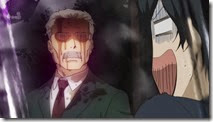 |
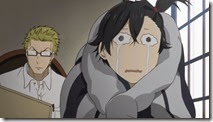 |
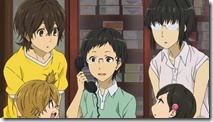 |
Welcome to the Barakamon I know, and haven’t seen as much of as I expected or hoped.
To say that this was the best episode of Barakamon since the premiere seems self-evident to me, though I’m certain not everyone will agree. The effect of it, though, is that it feels as if the first episode and this one are part of one series, and much of what was in-between part of another. It’s as if the anime team decided that they were going to use the same bread the manga used, but instead of meat they decided to stick something sweet and insubstantial in-between.
Barakamon is undeniably very funny most of the time (and the chapters that make little effort to be funny were pointedly not adapted) – it’s very good at comedy. This episode is very funny too, just as the premiere was, but the comedy is always used in service of larger themes. And the thrust of the narrative isn’t used as a sledgehammer to beat the audience over the head to make sure they get it – things are a little cloudier, a little more challenging. And I think the series works better when that’s the case.
One of the major narrative pillars of Barakamon is the study of the artistic temperament, and it’s always brought to the fore whenever there’s interaction between Handa and Kawafuji. He’s a guy who’s pointedly not an artist, and while he’s Handa’s best friend he professes no real ability to understand that side of him. It’s been my experience that while there are some artists who can turn their talent on and off almost at-will and this have a somewhat “normal” work-life balance, most are like Handa-san – when the urge strikes, you have no choice but to obey. To create isn’t something he wants to do, it’s something he needs to do. Yet when he needs to do it in the practical sense, very often the tap is dry. This is one of the fundamental contradictions of the artistic mind, and one of the great frustrations in being an artist.
As events have played out, it’s become clear that what happened in the premiere was in reality quite different than it first appeared. Initially of course we saw those events from Handa’s perspective, but that perspective has proved itself to be skewed. The Director is in fact someone who cares about Handa – albeit at least in part because of his potential, but also because of his friendship with Handa’s father. What’s encouraging is that Handa has grown enough as a person to realize that what he did was wrong on every level – obviously to physically assault an old man with a cane is inexcusable, but the reasons for Handa’s anger were more complicated than he was willing to admit. What’s not so encouraging is that he’s still an impetuous and even unstable person, wrecking his own “Star” calligraphy before the Director could trash it (and in-fact, he was about to praise it).
As I’ve said before, this is a coming-of-age story where the main character happens to be twenty-three years old. It’s my personal view that this has been too often lost during the course of the adaptation, but at least Barakamon is coming home in the end. Handa is still very much a child – both as an artist and as a person he’s struggling to find himself. His father recognizes the role he and his wife have played in this, but that ultimately the best thing he can do for his son now is allow him to be free of their overbearing influence. This is where the island comes in, of course – for a young man whose entire life has been lived with blinders on, a new perspective can be more valuable than diamonds.
The finale depicts the relationship between Handa and the Gotou residents that exists in the manga for almost its entire length. They’re more important communally than any one of them as an individual. They change Handa’s frame-of-vision, and they accept him for what he is. They make him uncomfortable and irritate him, but an oyster can’t make a pearl unless it’s irritated. This is his story, not theirs, and thus their primary role is not to be museum pieces or be fetishized for their cuteness but to be a diverse and colorful group of people that show a lonely and sheltered young adult a world he never knew existed. It’s great to see the convergence between the Barakamon I know and the one I’ve been watching, even if it’s taken a little longer than I’d like.
 |
 |
 |
 |
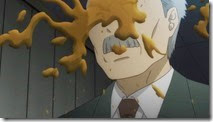 |
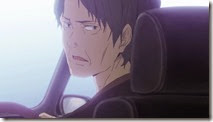 |
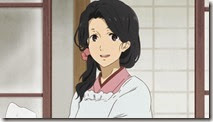 |
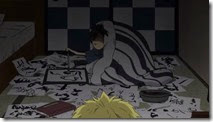 |
 |
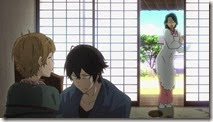 |
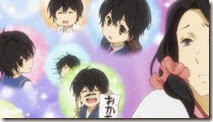 |
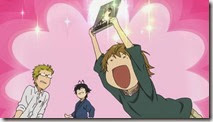 |
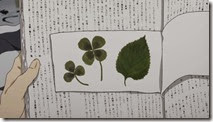 |
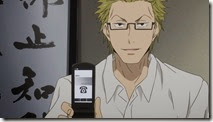 |
 |
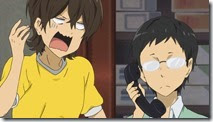 |
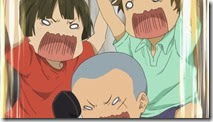 |
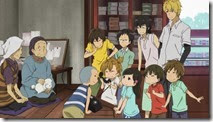 |
 |
 |
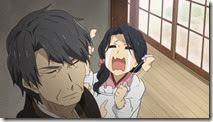 |
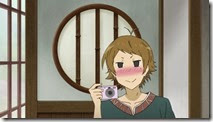 |
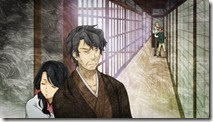 |
 |
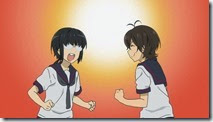 |
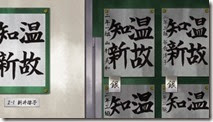 |
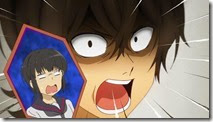 |


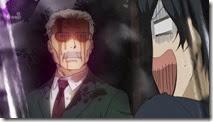
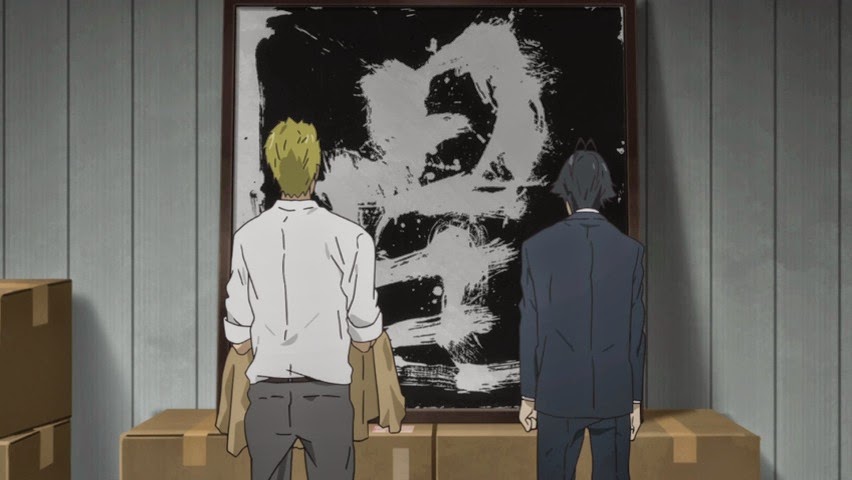
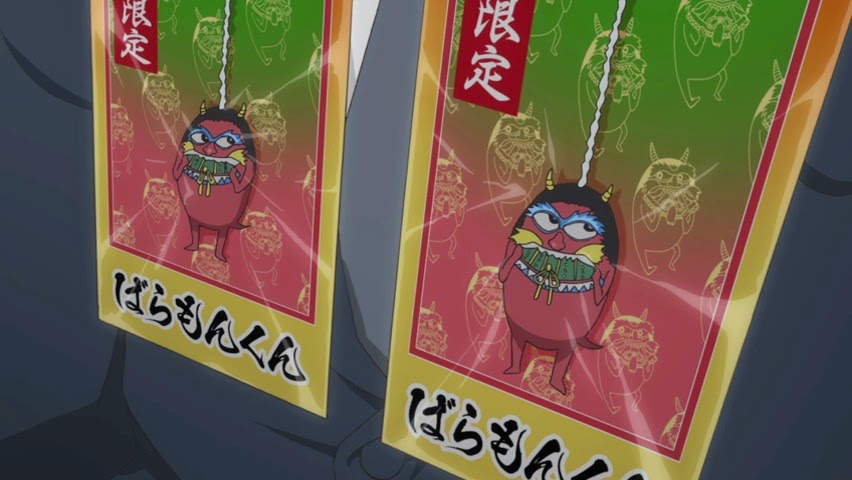
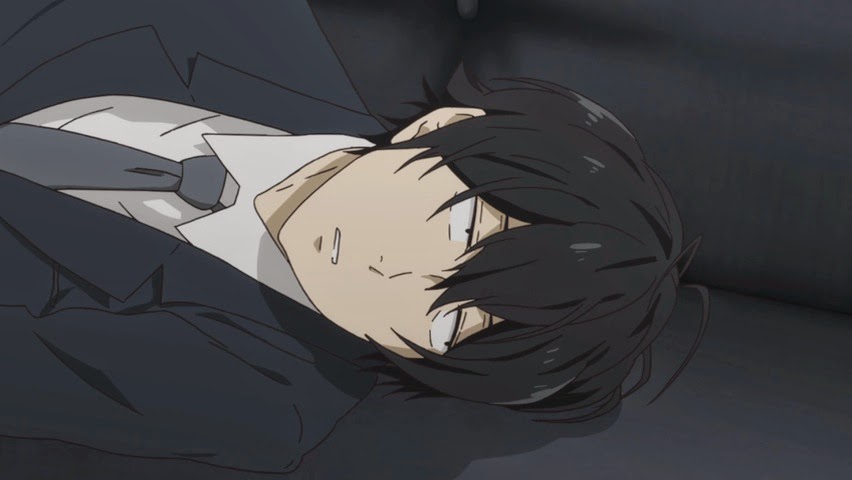

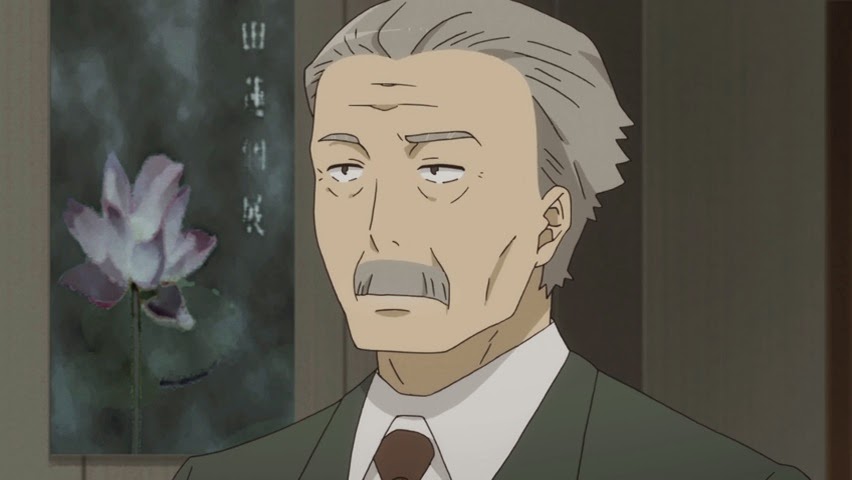
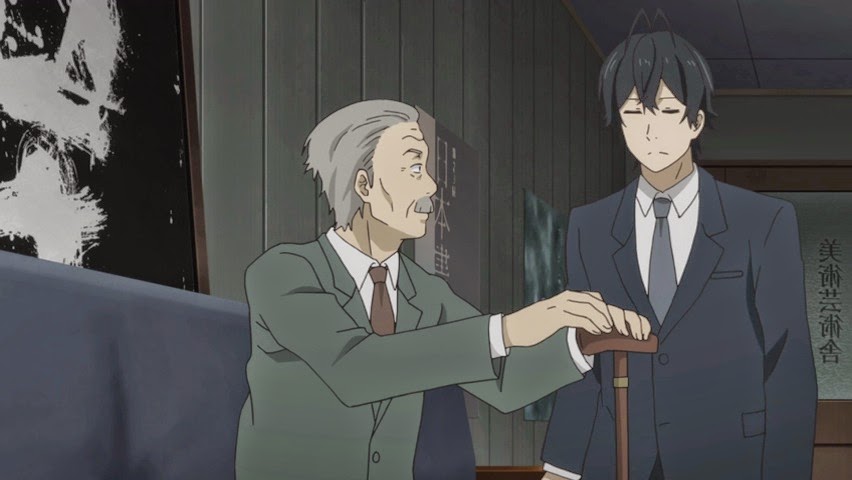


Aeolus
September 21, 2014 at 11:09 amI'm just glad Barakamon was around to cheer me up, after Aldnoah's season finale.
vincee87
September 22, 2014 at 5:16 pmThey did not follow the half comedy, half drama formula in this episode and it really worked for me.
"Now give him the cell phone strap"
LOLOLOL
morg
January 14, 2015 at 3:22 amIt might be a bit late to point this out, but there are actually 12 episodes to this series. Did you miss the last one?